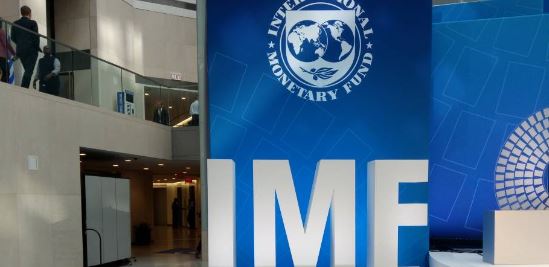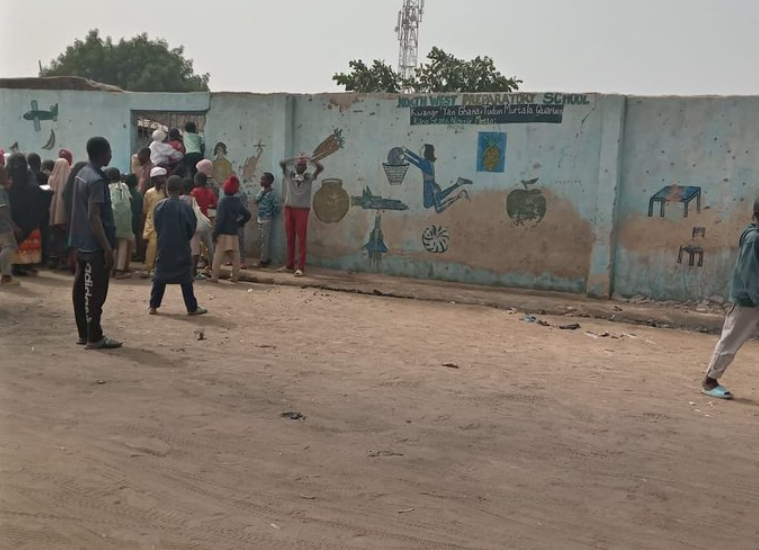The International Monetary Fund (IMF) says it is proposing a $50 billion trust fund to help low and vulnerable middle-income countries build resilience and sustainability.
The Washington-based institution said this on Thursday in a new blog post.
According to IMF, the fund will help build resilience to balance of payments shocks and ensure a sustainable recovery.
The fund is part of IMF’s $650 billion special drawing rights (SDRs) issued in August 2021 to vulnerable countries boost liquidity through Resilience and Sustainability Trust (RST).
Advertisement
“Even as countries continue to battle COVID-19, it is crucial not to overlook the longer-term challenge of transforming economies to become more resilient to shocks and achieve sustainable and inclusive growth,” the blog post reads.
“The pandemic has taught us that not addressing these long-term challenges in a timely manner can have significant economic consequences, with the potential for the future balance of payments problems.
“Climate change is another long-term challenge that threatens macroeconomic stability and growth in many countries through natural disasters and disruptions to industries, job markets, and trade flows, among others.
Advertisement
“These are global public policy challenges, and it is the shared responsibility of individual countries and the international community to take timely actions. The RST’s resources would be mobilised on a voluntary basis from members who wish to channel their SDRs or currencies for the benefit of poorer or vulnerable countries.”
It added that about three-quarters of members may be eligible for RST financing, adding that it would include all low-income countries, all developing and vulnerable small states, and all middle-income countries with per capita GNI below 10 times the 2020 IDA operational cutoff, or about $12,000.
Nigeria falls within the category of potential beneficiaries as GNI per capita in the country was reported at $2,157 in 2019, based on the World Bank collection of development indicators, compiled from officially recognised sources.
Highlighting requirements, IMF said the country must be a member of IMF and have a package of high-quality policy measures.
Advertisement
“To qualify for RST support, an eligible IMF member would need a package of high-quality policy measures consistent with the RST’s purpose; a concurrent financing or non-financing IMF-supported programme with appropriate macroeconomic policies to mitigate risks for borrowers and creditors, and sustainable debt and adequate capacity to repay the fund,” IMF added.
It also noted that access to RST financing would be determined case-by-case, based on the strength of reforms and debt sustainability considerations, and was expected to be capped at 150 percent of IMF quota or SDR 1 billion, whichever is smaller.
In addition, RST lending would be part of a broader financing strategy members would pursue to address the longer-term balance of payments risks, involving a mix of multilateral, bilateral official, and private financing.
It, however, called for collaboration from economically stronger IMF members willing to provide resources to help with long term sustainability.
Advertisement
“The RST will support such a collaborative effort. We will build on our experience of working with the World Bank and other international institutions and regional development banks, complementing their lending to provide the best support to member countries,” IMF stated.
“The success of the new Trust will depend equally on economically stronger IMF members providing meaningful resources to help countries improve long-term resilience and sustainability; borrowers willing to go the extra mile to achieve the macroeconomic environment and reform framework conducive to improving the balance of payments stability.”
Advertisement
Add a comment






